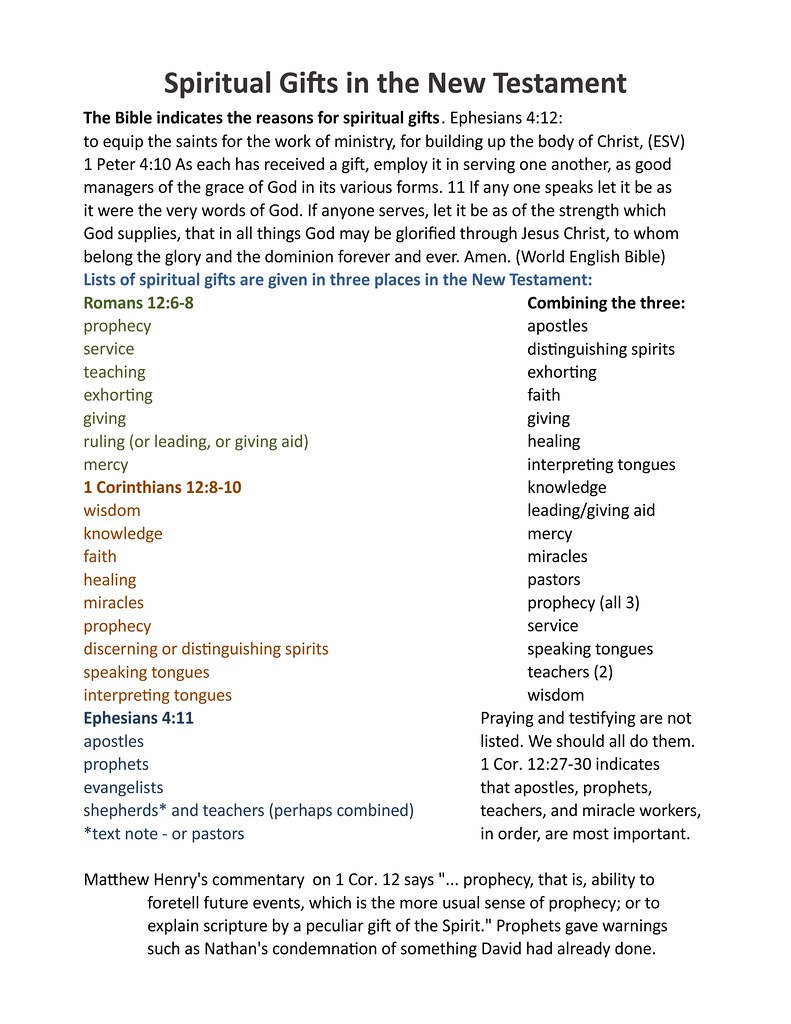The Free
Dictionary has this as one definition of intimacy: “a close, familiar, and usually
affectionate or loving personal relationship with another person or group.” In
our culture, intimacy often has a sexual connotation, but that’s not necessary.
In God’s plan, a sexual relationship will be accompanied by the rest of
intimacy, and the other parts will be at least as important as the sexual relationship. If they aren't, the sexual relationship won't last very long.
Intimacy is
closely related to two kinds of love. In Greek, they are phileo and agape -- love
for a friend, and unselfish, Christ-like love. We can be intimate, or seek intimacy, with a spouse, prospective spouse, or with a friend.
As an example for us, The Trinity is/are intimate with each other:
John 8:29 He
who sent me is with me. The Father hasn’t left me alone, for I always do the things
that are pleasing to him.
John 10:30 I
and the Father are one.
1
Corinthians 2:10b For the Spirit searches all things, yes, the deep things of
God. 11b Even so, no one knows the things of God, except God’s Spirit. (Bible quotations from the World
English Bible, public domain)
. . . There
is only one God in three persons. Each person is God, whole and entire . . . The
whole work of creation and grace is a single operation common to all three
divine persons, who at the same time operate according to their unique
properties, so that all things are from the Father, through the Son and in the
Holy Spirit. The three persons are co-equal, [and] co-eternal . . . (From the
Wikipedia)
We should be intimate with God:
John 15:4
Remain in me, and I in you. As the branch can’t bear fruit by itself, unless it
remains in the vine, so neither can you, unless you remain in me. 5 I am the
vine. You are the branches. He who remains in me, and I in him, the same bears
much fruit, for apart from me you can do nothing. 6 If a man doesn’t remain in
me, he is thrown out as a branch, and is withered; and they gather them, throw
them into the fire, and they are burned. 7 If you remain in me, and my words
remain in you, you will ask whatever you desire, and it will be done for you.
Based on these verses, and the whole of the Bible, which, rather than being about our search for God, is about God's search for us, God deeply desires to have an intimate relationship with us.
How to be intimate with another person? I will do these things: (add "the other." at the end of each line.)
want to associate with
share interests
with
communicate with
try to please
build up the reputation of
think about
spend time alone with
treasure messages from
learn about
imitate
be
grateful to
accept correction from
enjoy even repetitive gestures or verbal communications from
We can, and should, have each of these same feelings, actions, and desires toward God. God help me to feel, act, and desire such intimacy.
Thanks for reading. Here's a related post, on loving God.






